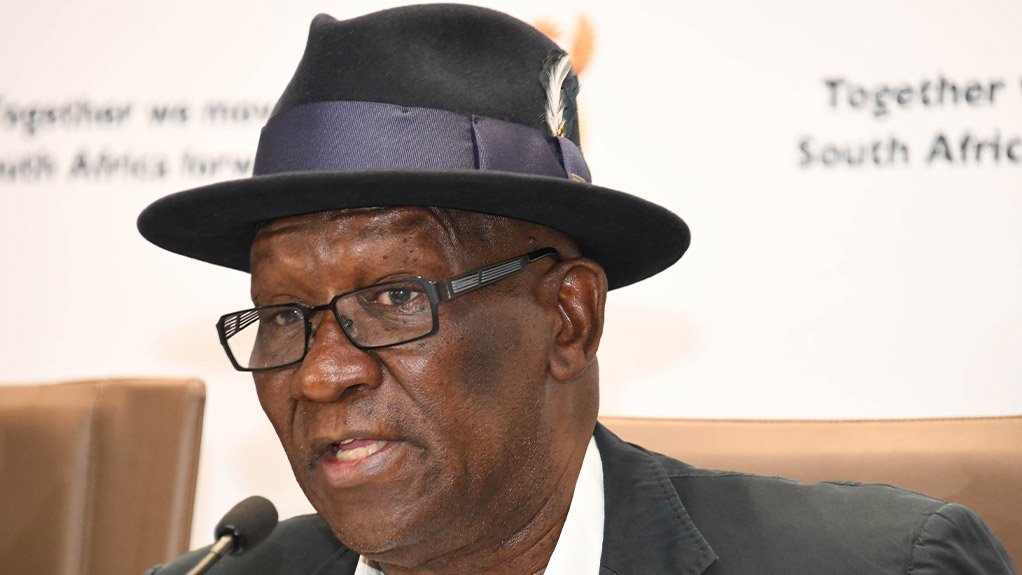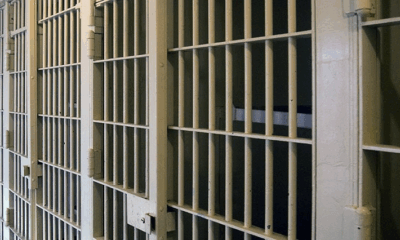News
South Africa’s Justice Dilemma: Who Does the Law Really Protect?

The Tug-of-War at the Heart of the Justice System
In South Africa’s courtrooms, justice often feels like a tightrope act. On one side are victims desperate for closure. On the other hand, the constitutional protections granted to the accused are safeguards built to prevent a return to the dark days when people were punished without proof.
But as crime continues to dominate headlines, many are questioning whether the balance has tilted too far in favour of offenders.
Legal experts are urging the state to take a hard look at how the system operates, warning that while the law is sound on paper, its execution often leaves victims feeling invisible.
A System Under Scrutiny
The debate reignited after former Police Minister Bheki Cele told Parliament’s Ad Hoc Committee that the justice system has “frailties” that allow convicted criminals to return to society before they are ready, only to reoffend. His comments struck a nerve with the public, who have long felt that repeat offenders benefit more from mercy than accountability.
Dr Suhayfa Bhamjee, a senior law lecturer at the University of KwaZulu-Natal, agrees that this is not a simple problem of leniency. “Prison is not only about punishment,” she explained. “It’s also about rehabilitation.”
According to Dr Bhamjee, the failure to prepare inmates for life after incarceration is a critical flaw. “Some are released under mercy programmes or parole but lack the tools to reintegrate. For others, crime is all they know, and a criminal record shuts most doors.”
When Justice Feels Distant
Beyond prison walls, victims often face another battle, one against silence and bureaucracy. Dr Bhamjee likens the experience of navigating the justice system to “trying to explain swimming lessons to someone who is drowning.”
Victims are meant to be included in the process through frameworks like the Victims’ Charter and the Service Charter for Victims of Crime, but implementation remains inconsistent. Too often, victims are left uninformed about key decisions such as bail, plea bargains, or sentencing outcomes.
“Victims must be meaningfully included,” she said. “They need to be supported, not sidelined.”
A Call for Structural Change
Experts argue that South Africa’s justice reform cannot stop at updating laws; it must reshape the entire culture of how cases are handled. This includes training justice officials to interact empathetically and creating systems where victims feel safe and heard.
Community involvement is another critical piece. When residents report crimes, support complainants, and work with civil society, they help shift justice from reactive to responsive. “Communities can be powerful partners,” Dr Bhamjee said. “They make justice real for those who feel forgotten.”
Restorative justice, where victims and offenders meet under guided conditions, is also gaining traction. It offers victims a voice and an opportunity to express the emotional toll of the crime, something the traditional courtroom often overlooks.
A Delicate Balance
Professor Delano van der Linde from Stellenbosch University notes that law reform efforts are ongoing. The South African Law Reform Commission is exploring ways to make the system more victim-friendly, though exactly how that will look in practice remains to be seen.
He emphasised that constitutional rights for the accused are not mistakes; they are deliberate protections born from South Africa’s history of injustice. “We must never forget that our Constitution was designed to prevent the kind of abuse that once defined our legal system,” he said.
The challenge now is ensuring that those protections coexist with compassion for victims. Because when the scales of justice swing too far in one direction, trust, the most fragile element of any democracy, is the first thing to break.
Follow Joburg ETC on Facebook, Twitter, TikT
For more News in Johannesburg, visit joburgetc.com
Source: IOL
Featured Image: Polity.org.za



























